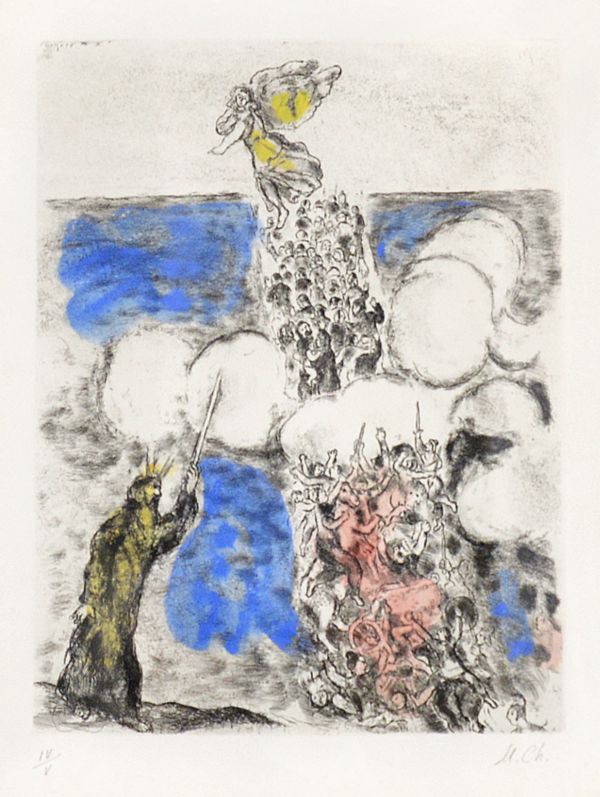«Who shall we go to?». Faith, a critical sign (not attenuated)
(Jn 6:60-69)
A God on our level? «This Logos is sclerotic» (v.60) - as in: to imagine that the Most High identifies himself to the ‘least’ in everything is an incomprehensible and offensive position.
Can the Eternal recognize himself in a mere son of man?
Like his ministry in Judea, Jesus' last activity in Galilee ends in failure (v.66).
Even the disciples who taste the new Word are disappointed.
Many of the people sought him as a doer of miracles - continuing to be content with the dominant reference points, with the same material bread as ever.
Christ is not for continuing to adapt, but for consistent Nourishment. Here’s the crisis: it’s not lacking when we are faced with serious choices.
The Master had a different interpretation. And the “wedding” drama could not be resolved in comfortable parentheses.
Proposals such as the communion of goods, the choice of last place, the welcome given not only to the neighbors of the clan and so on, overturn the idea of greatness and failure.
The question becomes intimate: «But do you also want to go away?» (v.67).
Peter responds in the plural, expressing the Faith of the small group that takes risks, without too many keys of circumstance - and that can be ours.
The Galilee crisis is not a pale historical memory, but a watershed at the center of which we all are - every day. A persistent event, which divides us from easy enthusiasm, but leads the authentic journey.
Accepting this conclusive challenge, it changes the boundaries of the narrow world that entangles the soul, thus the course of existence... even the ambitious one of the disciples who perhaps did not want the inconveniences of another 'kingdom'.
The ranks are thinning, the choices no longer obvious, the voices are many [and so the half measures]. The once safe place is undermined.
Is it worth being consistent? Isn't it better to adapt to power relations or fashions?
Faith unites us with the Lord, Listening gives the right position, and the intertwining of natures, human and divine, is produced in the Eucharist.
Deep aspirations lead beyond calculations and the natural order. In us, the incarnation and action of the only Guide who can be trusted continues.
The purity of truth doesn’t break, rather it pours out.
Faced with hardship in the desert, the people had doubted the divine presence [«in the midst of us»].
The same were happening in the Johannine communities of the end of the first century, which questioned themselves about the presence of the Risen One in the ‘breaking of bread’.
Some had left the church to return to the «onions of Egypt».
In the area of Ephesus there was no lack of well-being and attractions - guaranteed and sanctified by pagan religiosity.
The same devout life polarized around the economic inducement of the Artemis’ Temple - transformed into one of the major banks of the ancient East - guaranteed a carefree existence and a much more "solid" and showy quality of life than the humble Eucharistic sign.
What could those crumbs were worth compared to one of the seven Wonders of the ancient world?
With Jesus there remains only a small group, which however is more intimate - and the right question is asked:
Is it also dignified not to be first in the class, and "winners"?
Who... knows how to value history, and every path, even defections?
What Person does not force us to be one-sided?
[Saturday 3rd wk. in Easter, May 10, 2025]












